Real Estate News: The Latest, Top Articles in Ontario Canada
Get the most recent real estate news and real estate trends to hit Ontario's housing industry.
Best of Real Estate Articles

Understanding the Role and Requirements of Realtors

Realtor Fees and Commissions

Relocation Information
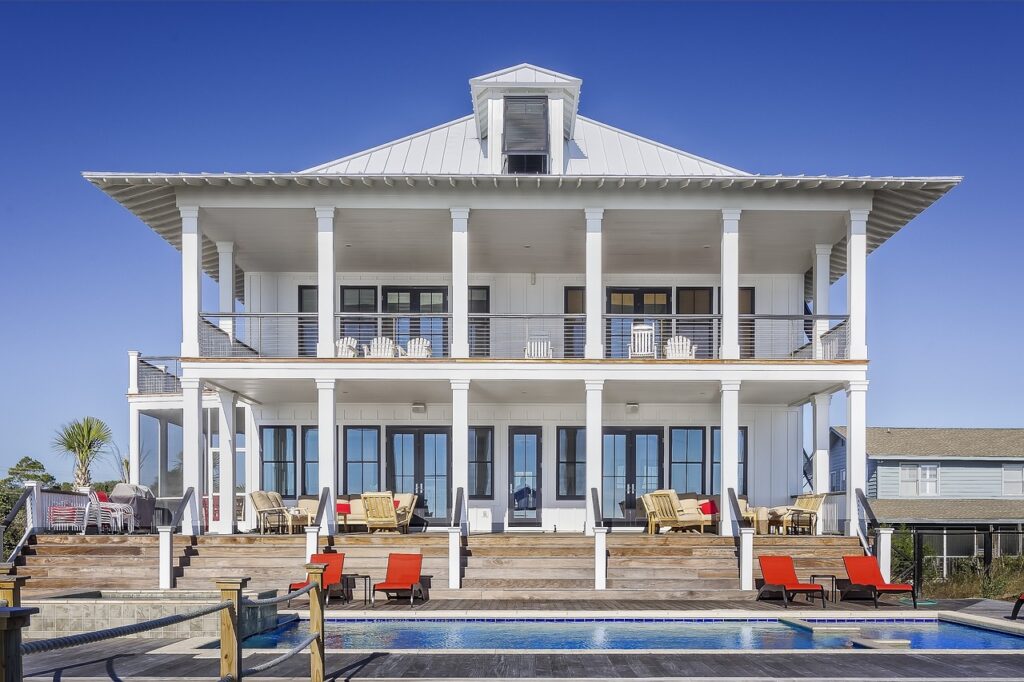
Luxury Property Sales and Marketing

Realtor Selection and Relationship – Forging a Winning Partnership

Navigating Property Matters During a Separation and Divorce

Maximizing Success in Rural Real Estate

Understanding the Investment Property Market

Maximizing Your Commercial Real Estate Success

Helping You Find the Perfect Home for Your Retirement
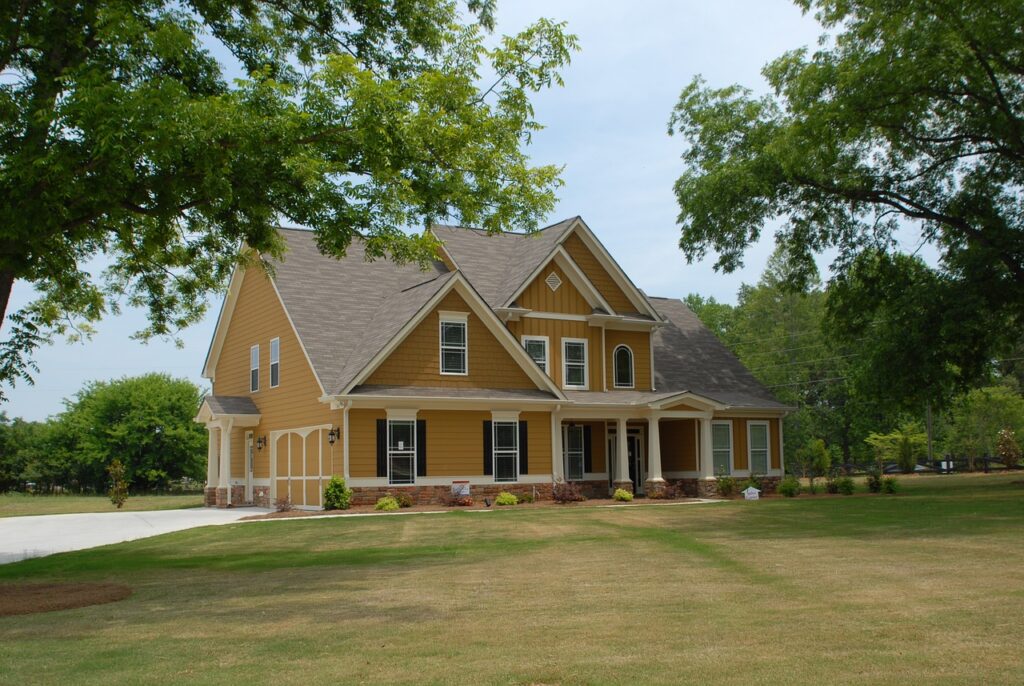
Estate Sale Experts Can Simplify Your Property Liquidation

First Time Home Buyer Real Estate Info
Latest Articles: Everything Real Estate
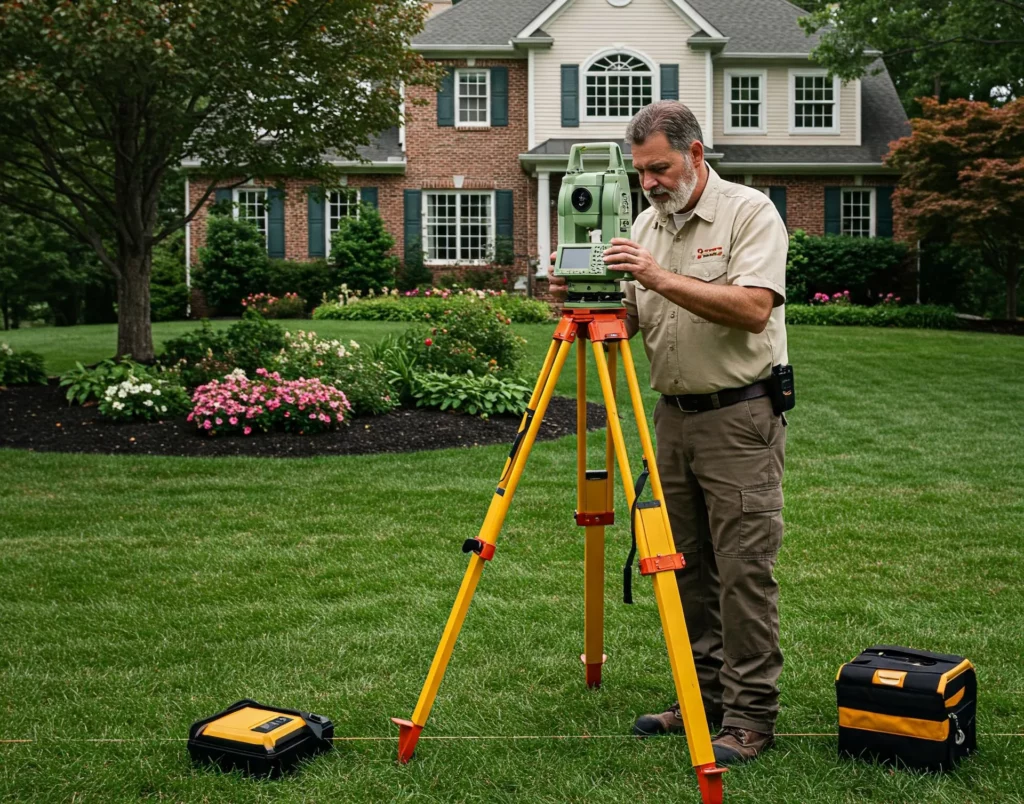
Is It Worth Paying for a Survey?
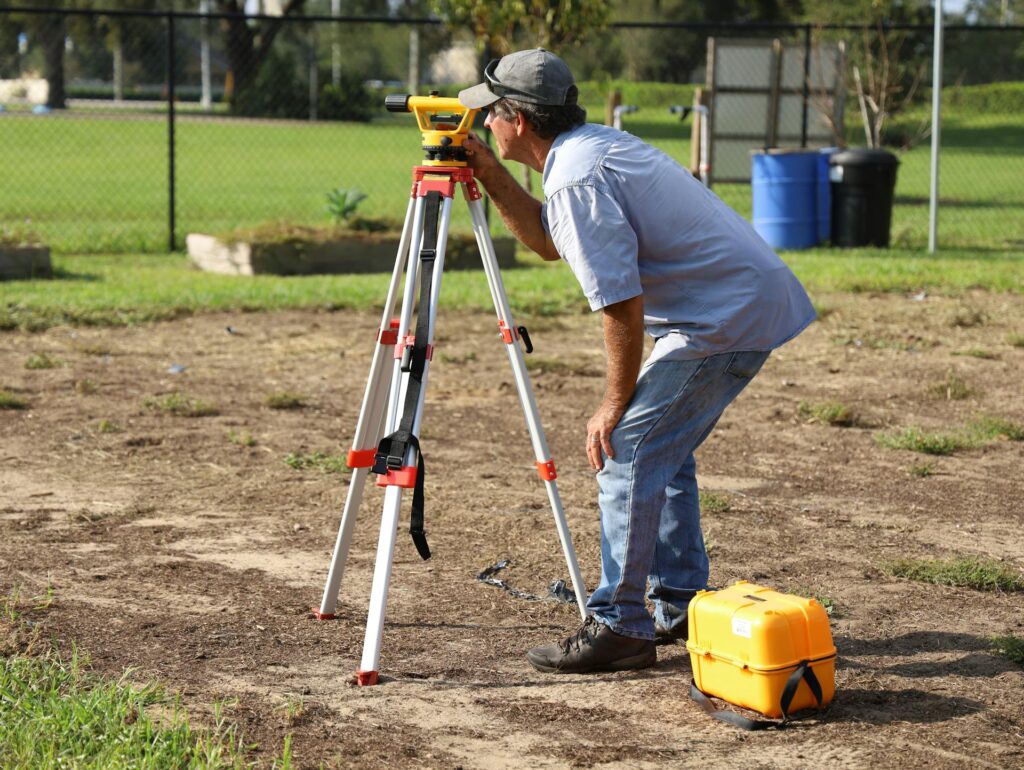
How Much Does a Survey Cost in Ontario?

How Do I Tell Who Owns Land Near Me?
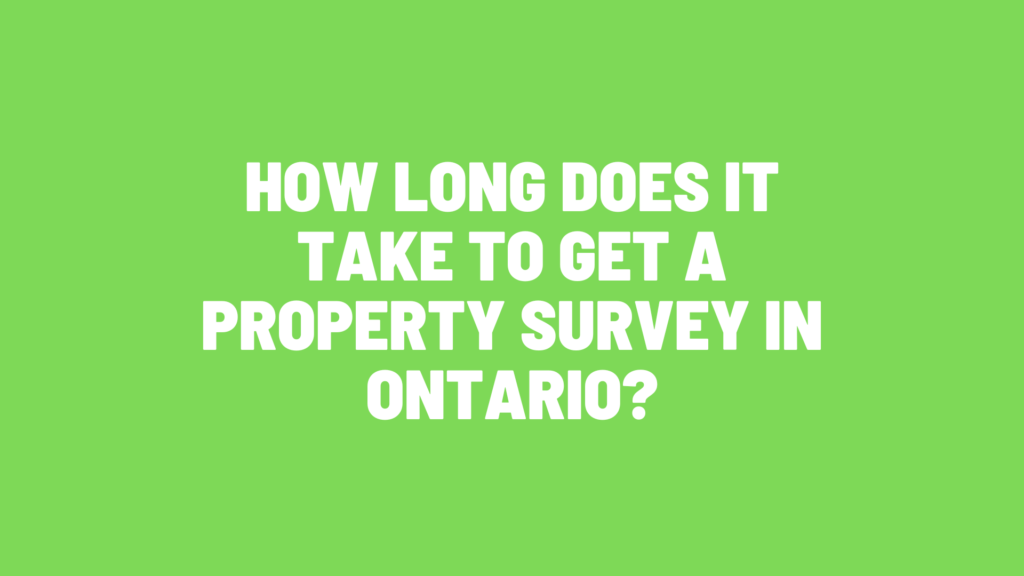
How Long Does It Take to Get a Property Survey in Ontario?

All About Property Lines and Boundaries

What Type of Property Makes the Most Money?

What Raises Property Value the Most?

What Part of Real Estate Makes the Most Money?

What Part of Real Estate is Most Profitable?
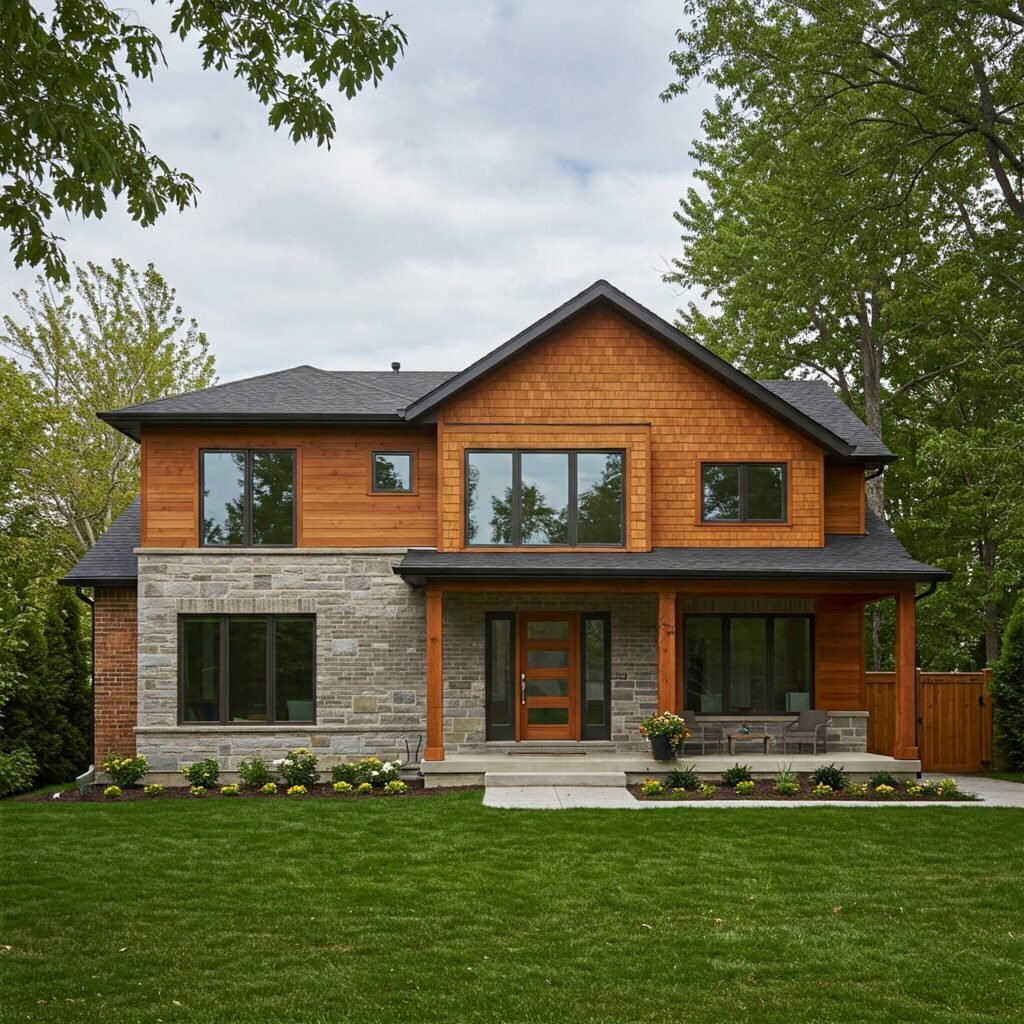
What is the Highest and Best Value In Real Estate?
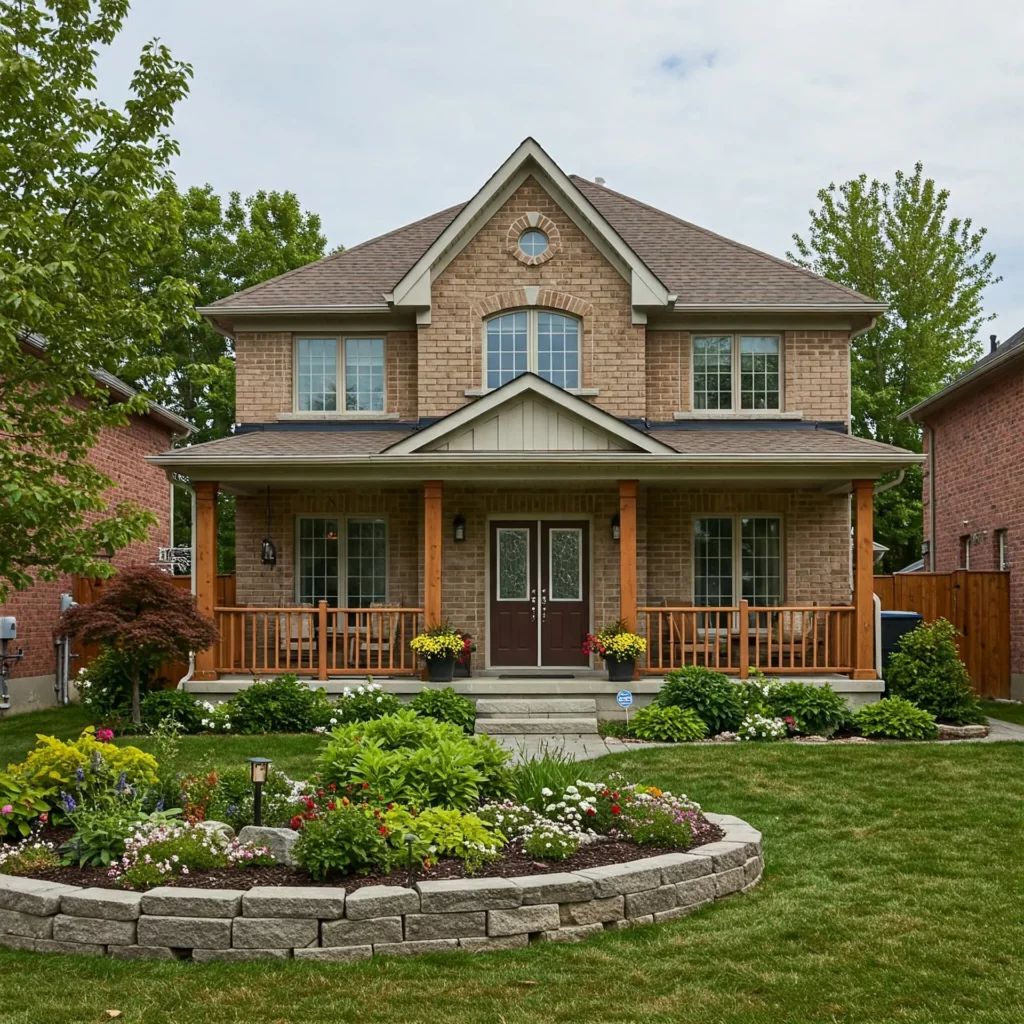
What is the Fastest Way To Build Wealth In Real Estate?

Do People Get Rich With Real Estate?

All About Building Wealth in Real Estate

Why Real Estate Makes the Most Millionaires?
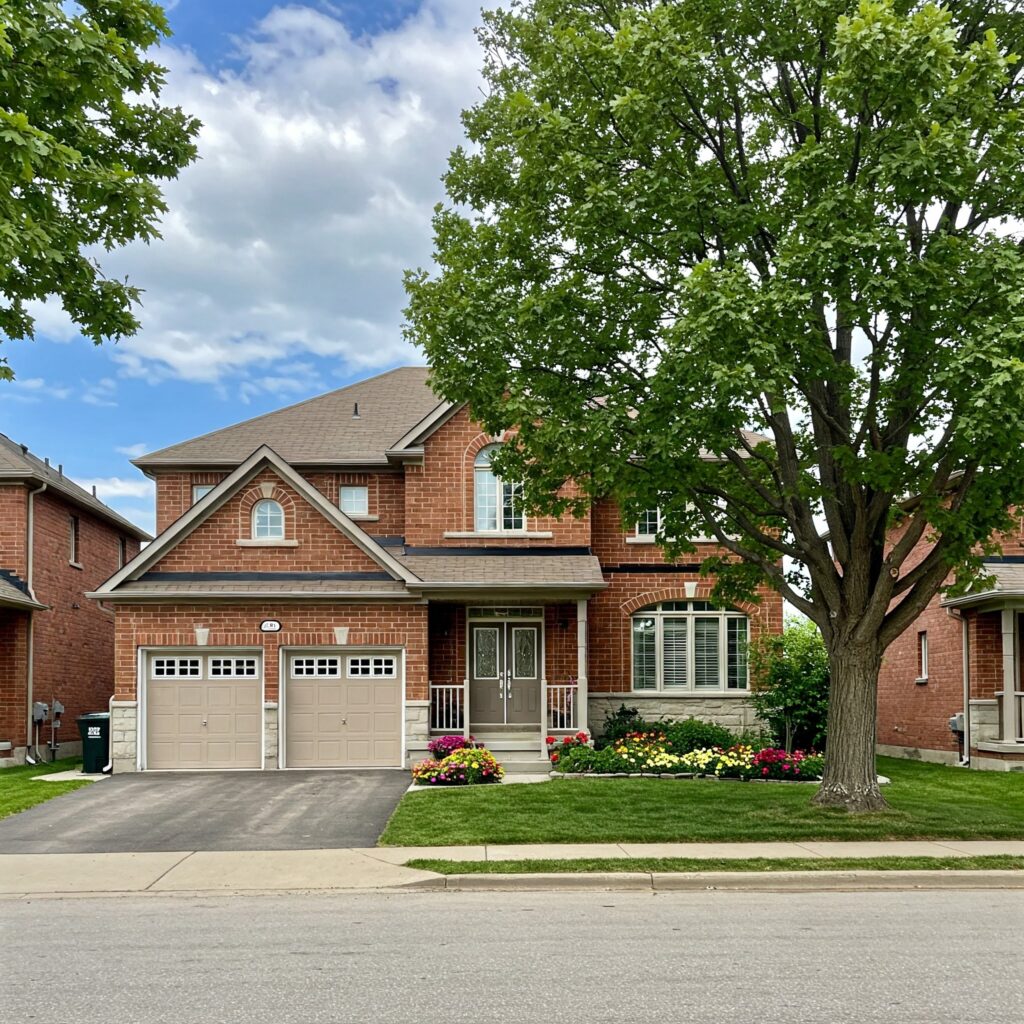
What Type of House Sells Best?
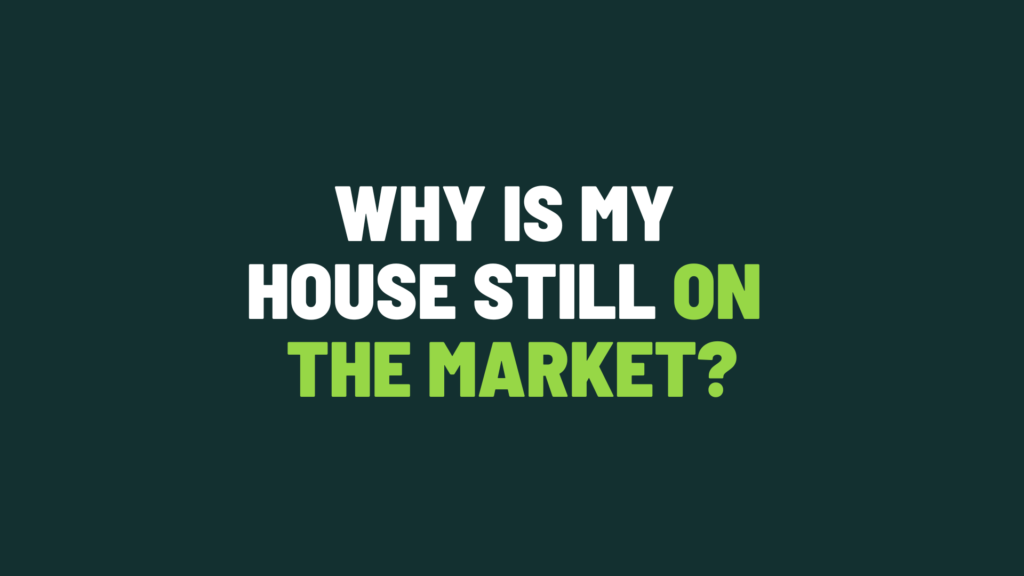
Why is My House Still on the Market?

What Style of House is Easiest To Sell?

What Size House Sells the Fastest?

What Rooms are Most Valuable in a House?
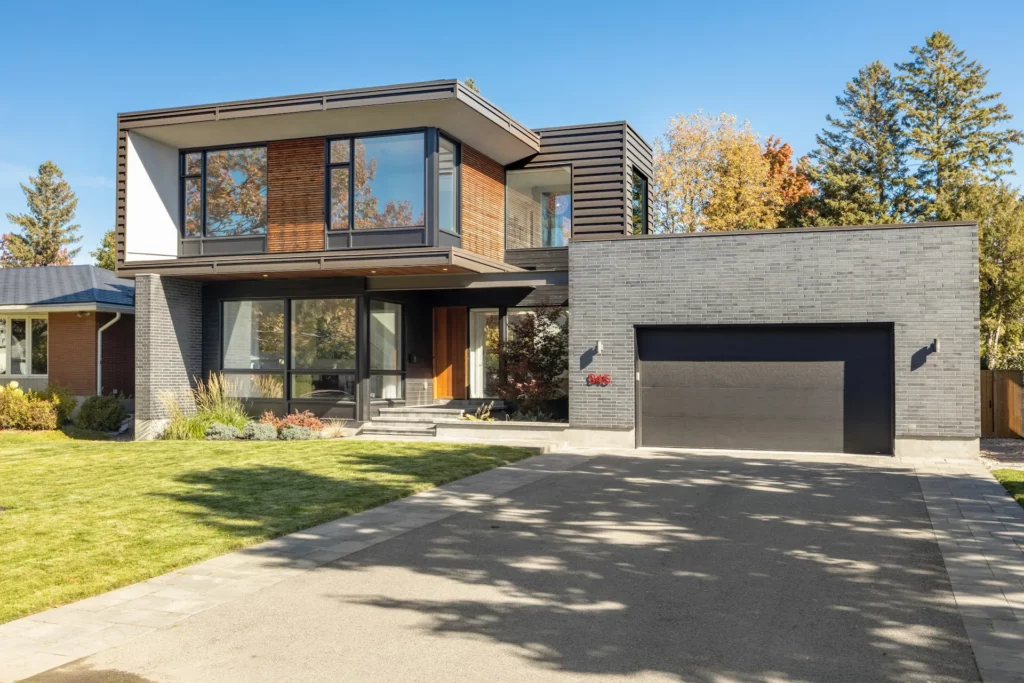
What Month Do Most People Sell Their House?

What is the Most Expensive Part of a House?
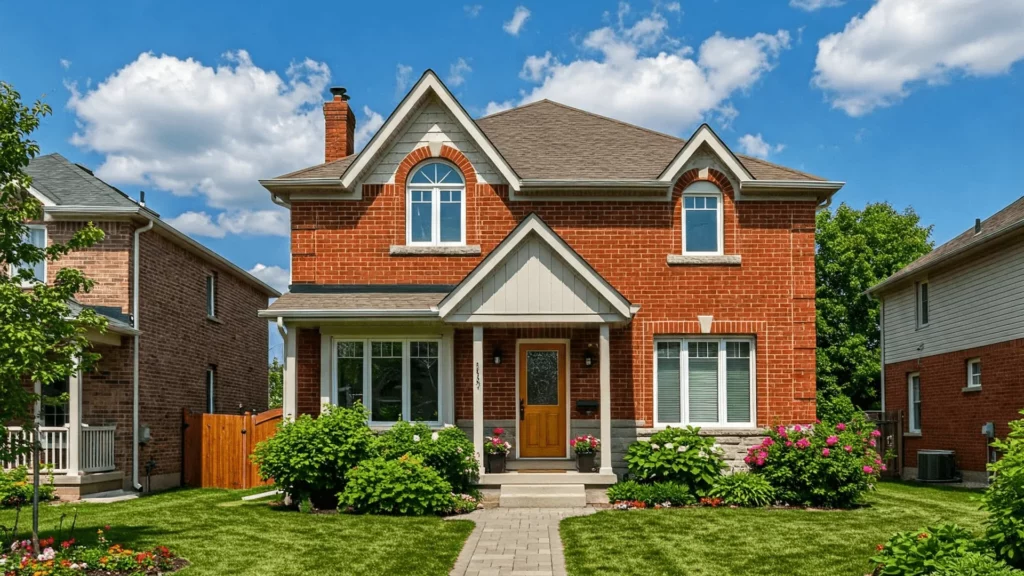
What is the Most Common Reason a Property Fails To Sell?
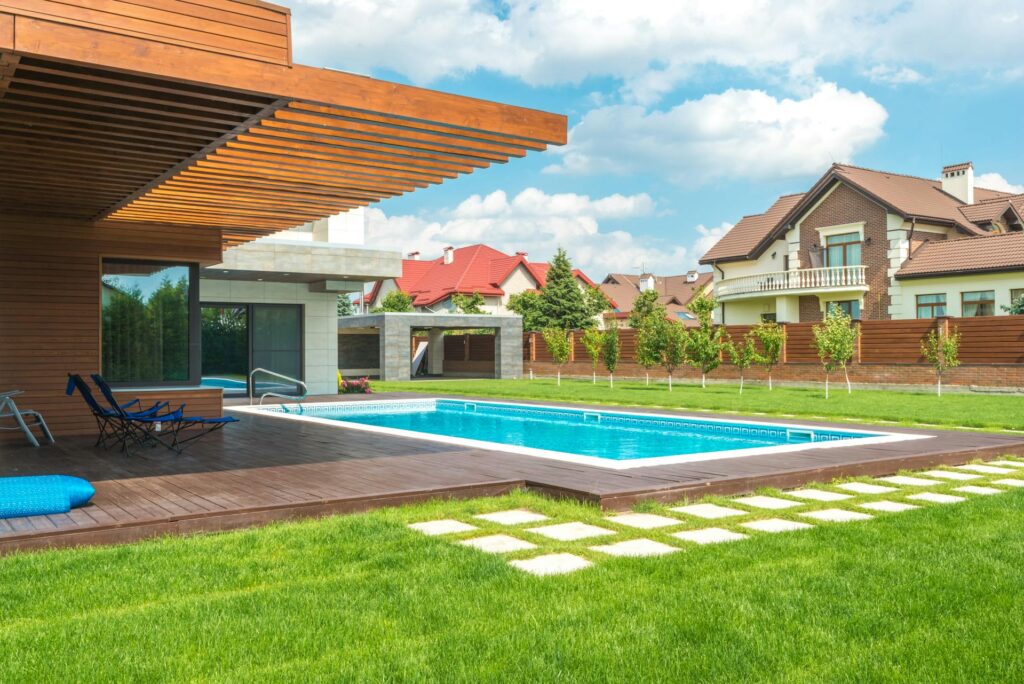
What is the Biggest Selling Point of a House?
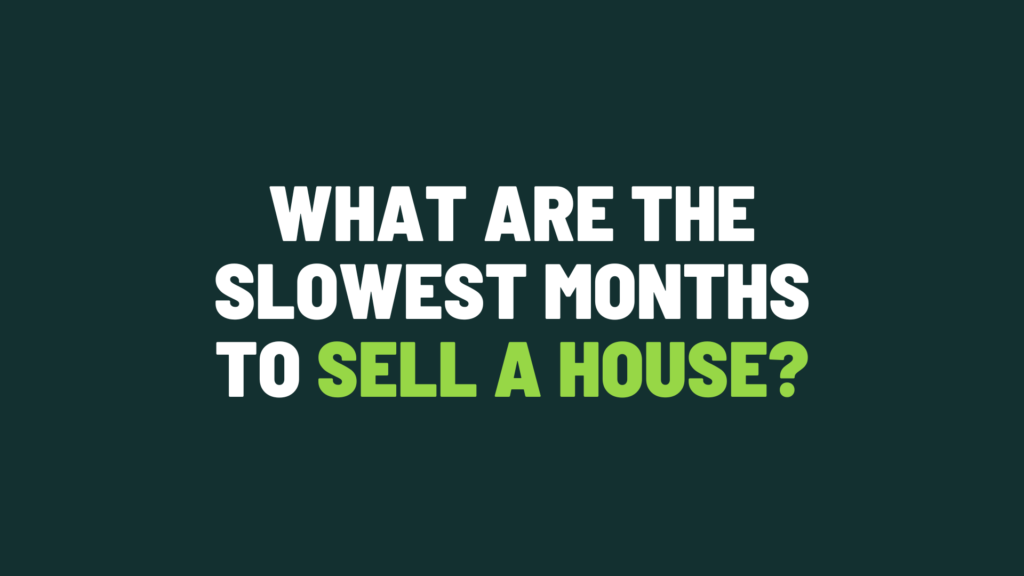
What are the Slowest Months To Sell a House?
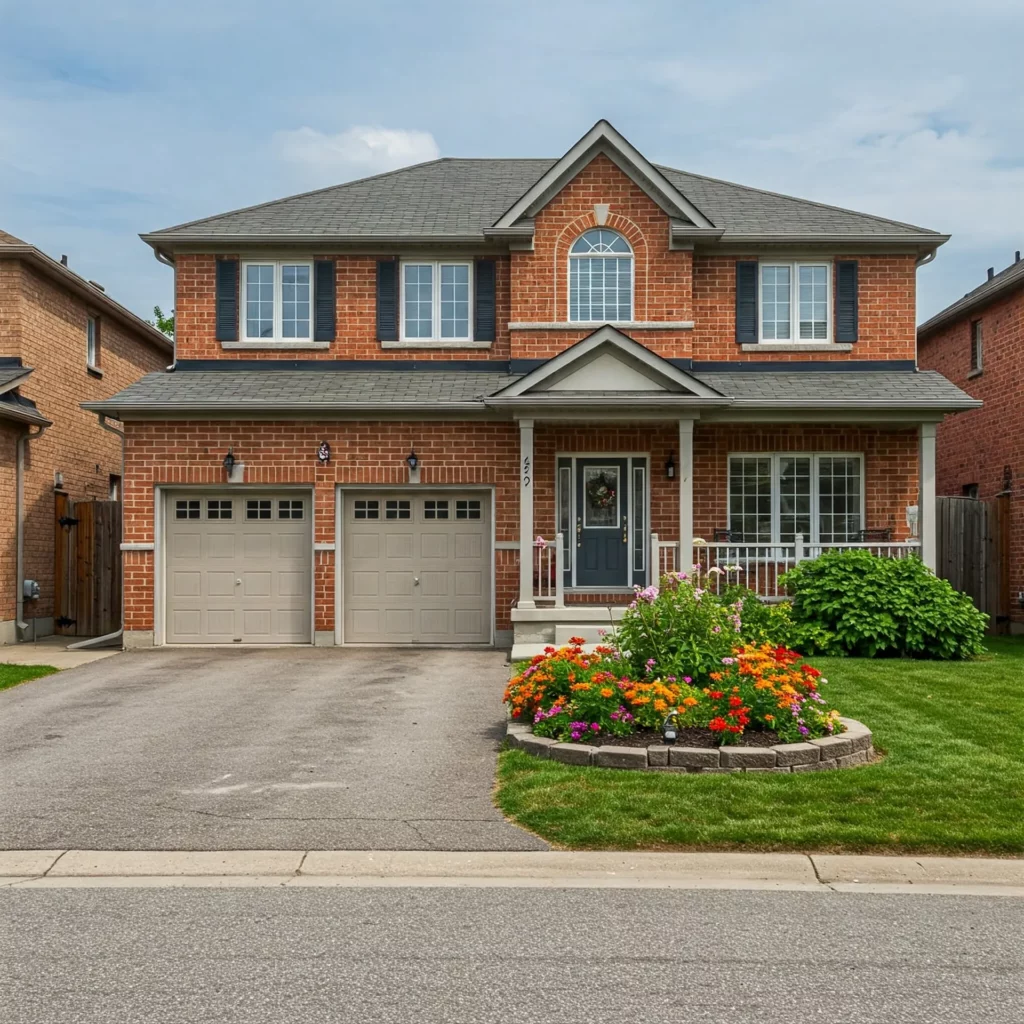
What are the Hardest Months To Sell a House?

How Quickly Do Most Houses Sell?

What are the Best Numbers to use When Selling a House?



